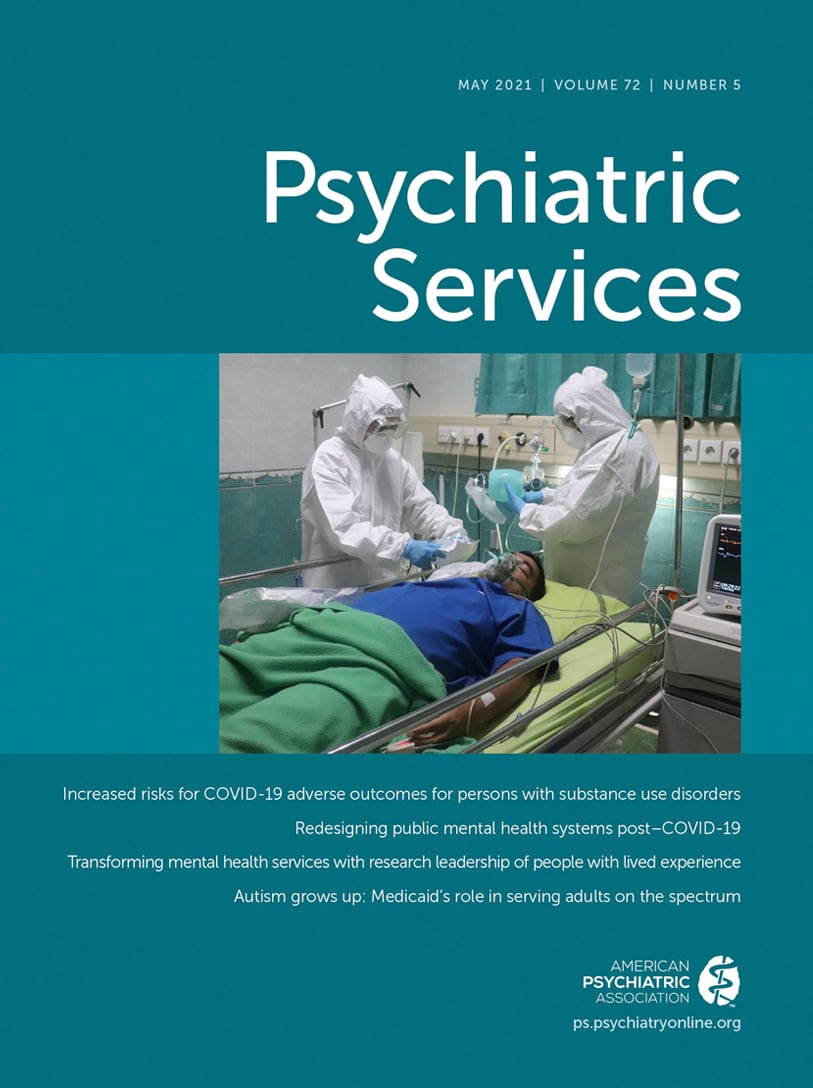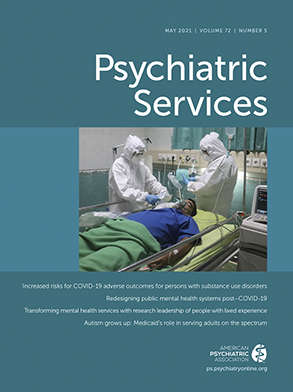TO THE EDITOR: Despite the importance of effective crisis communication to promote mental health, inconsistent public messaging and misinformation have abounded during the COVID-19 pandemic. Public messaging is an evidence-based field within public health, shaping public perceptions and health behaviors during disasters (
1). As psychiatrists working on the front lines throughout this pandemic in the United States and globally, we believe that psychiatry and psychiatrists can play a vital role as leaders in crisis communication and public messaging—a role that is currently underdeveloped.
The American Psychiatric Association Committee on Psychiatric Dimensions of Disaster (CPDD) recently released guidance on communicating with the public during this pandemic (
2). Evidence suggests that in a crisis, affected people process and act on information differently than they do otherwise, such as by misinterpreting messages, holding onto preexisting beliefs, or believing the first message heard (
1). The CPDD messaging guidelines provide key elements of effective crisis communication to help overcome these biases. The principles call on providers to “use trusted messengers, avoid jargon, use culturally sensitive messages, convey accurate scientific and mental health information, deliver messaging according to a defined schedule, and avoid excessive reassurance” (
2). The guidelines state that principle-based messaging should help vulnerable populations, promote desired behaviors and sense of control, reduce distress, and offer realistic hope for positive interventions, change, and recovery (
2).
With individual patients, psychiatrists can activate these principles and be important crisis communicators during virtual or in-person clinical encounters. Understanding the nuances of patients’ cognitive and social situations, psychiatrists can naturally play the role of trusted messengers who use culturally sensitive approaches. Practically, psychiatrists can discuss with patients their understanding and application of mask wearing, physical distancing, vaccination, and daily routines to mitigate mental health risks, and they can create specific instructions for those who are severely mentally ill, homeless, limited in understanding language, disabled, or elderly. Patients can leave a clinical encounter equipped with a correct scientific understanding as well as realistic hope for positive interventions to reduce mental health risks.
On a public health level, psychiatrists are also poised to be leaders who interface with allied mental health professionals, other medical specialties, the community, and media. Yet relatively few psychiatrists have spoken out concerning the pandemic response, perhaps because interacting with the public involves a different skill set than that used to communicate with a patient during a clinical encounter. Public communication and media training are common in business and government but lacking in psychiatric education (
3)—an important gap that should be addressed.
A core feature of effective pandemic responses is communication between governments, health professionals, scientists, the media, and the public (
4). As clinicians working with patients and as potential leaders for populations, psychiatrists have a critical role to play in communicating science accurately and in evaluating performance during this and future disasters. With a new Administration and widespread vaccine dissemination under way, the opportunity for psychiatrists to improve pandemic-related public messaging must be grasped to help end this pandemic. There is no time to lose.

